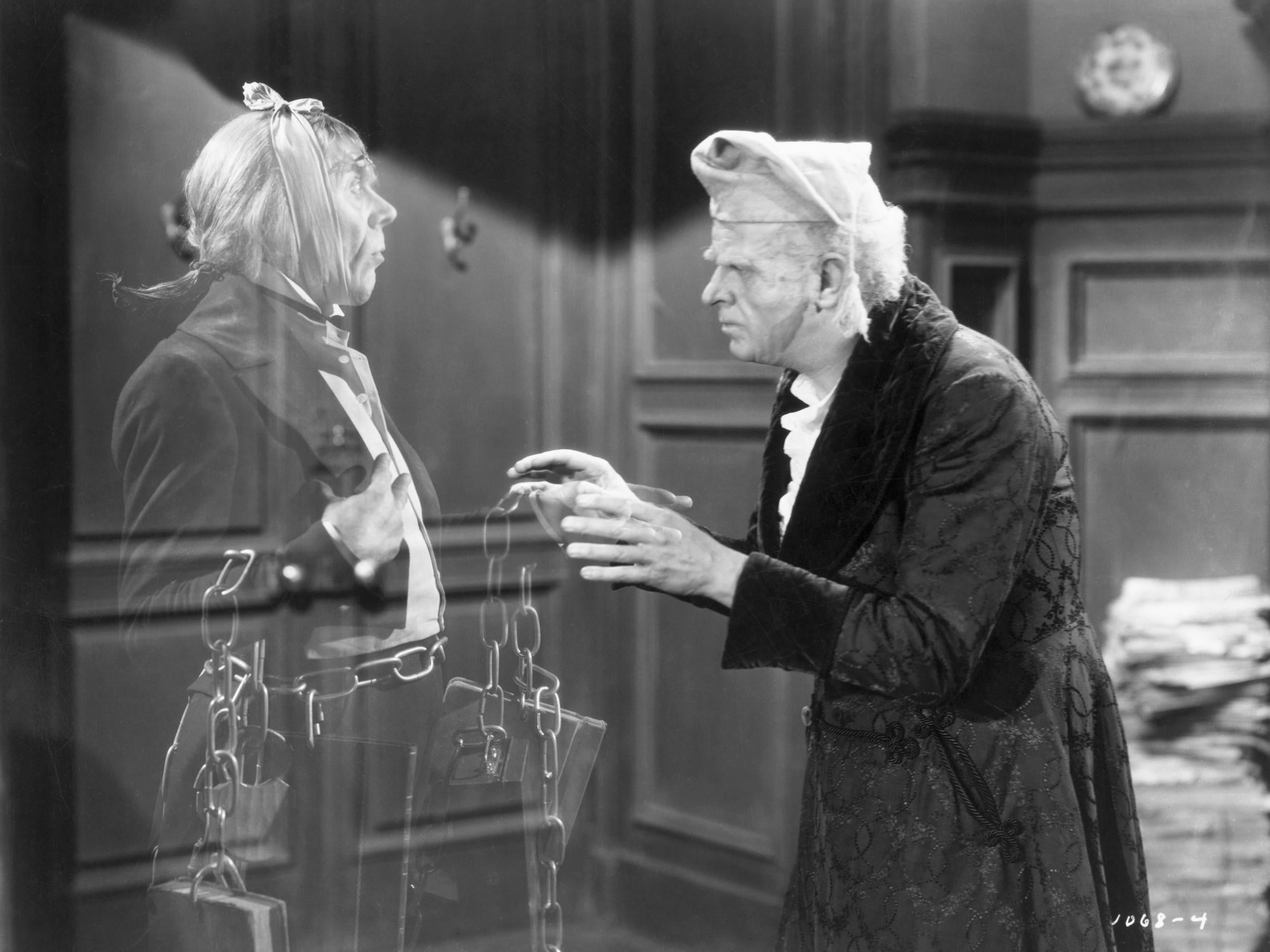Evil bankers: Now could be the moment to see them differently
‘He was a tight-fisted hand at the grindstone, Scrooge!’ Not all bankers (or accountants, come to that) are villains, but they can do more to help themselves explains Chris Blackhurst


Some years ago, at this time of year, I committed the mistake of taking a very senior banker to see A Christmas Carol.
I was on the board of a theatre at the time, and the banker’s wife had expressed an interest in getting involved. Sensing the prospect of a large donation, possible sponsorship and access to their network of wealthy friends (we were impoverished), I invited them both to the Christmas production.
I introduced him to a board colleague and said what his job was. Whereupon my fellow director made the sign of the cross as if he was warding off a vampire. Then, as the play started, I soon realised that references to greedy bankers had been written into the script (it was not long after the banking crisis).
The banker and his wife had the plum seats in the house, in an auditorium that was in the round. He was stuck, as the actors close to where he was sitting, delivered their withering lines about his profession. I never heard from him or his wife again.
The bankers went right through the crash and beyond without explaining the good they did. They still don’t
With hindsight, I ought to have checked out the play first. In fact, I don’t know what I was thinking of, choosing the Dickens classic in the first place: even without the insertions, it is hardly an advert for capitalism or, in particular, money-lending.
While he squirmed, the audience lapped it up. I was reminded of this episode again when discussing the plight of the accountants, especially the Big Four dominant firms. They’re in danger of replacing the bankers in the national roll call of shame. Soon, if we’ve not reached it already, they will be considered fair game – ripe for anyone to have a go, the villains in pantomimes.
Same as the bankers, though, they do not help themselves. Like my poor choice of theatre guest, they take it on the chin – and do not fight back.
I don’t mean aggressively – heaven knows the Big Four that so occupy media and political attention are in no place to do that and would be ridiculed and reviled if they did. But there is much more they could be doing to boost their standing.
The bankers went right through the crash and beyond without explaining the good they did. They still don’t. My senior banker theatre companion was at the top of an organisation that had not caused the financial meltdown – his colleagues were not making a killing from roll-up mortgages issued to people in the US who could not afford to repay them and seeking them as investments.
Yet, you would not know that. As far as the public were concerned, all bankers were as bad as each other. My banker had nothing to be ashamed of, his bank actually helped businesses raise capital and grow and enabled people to buy their homes, for example. But did any of that ever come out? Not one jot.
Accountants are in the same dangerous place. Nobody has a kind word to say about them
Admittedly, those at the top of the banks were paid a lot, but then so were those who lead supermarkets or car companies.
My theatre board colleague lumped them all together. All bankers were to blame; all of them were the same. Because the banker’s company had not fought back, even discreetly, he was unable to make any distinction.
Accountants are in the same dangerous place. Nobody has a kind word to say about them, no one knows what positive benefits they bring. It’s rarely said why businesses and individuals use them – why, for example, do all manner of organisations, including political parties and charities, retain accountants? How much work and expertise go into an audit? We’re not told. Rather, all we do hear is about the audits that go wrong, the ones that end in scandal and negative headlines.
Bankers, accountants – and to them can be added other industries that incur public wrath – do not do enough to help themselves. Partly, they’re naturally conservative – they’re good at selling their products, but not what they do. Partly, as well, I suspect, they have a fear of attracting further opprobrium. But the public are not stupid, they’re perhaps more financially aware and literate than they’ve given credit.
We’ve just had a general election in which one party threw a host of inducements at the electorate: a four-day week, increased minimum wage, workers on boards, shares for employees, free fast broadband. What did voters do? Only reject the list of sweeteners hands-down. They simply did not believe Labour was capable of managing the economy sufficiently well to deliver on these promises. They saw that the numbers simply did not add up.
One of Labour’s misjudgments was to assume that the politics of envy would prevail, that disregarding big business and indeed, being openly hostile towards its leading players, would see corporate Britain become fair game, ripe for attack. That’s not how voters saw it, opting to put their faith in a party that traditionally enjoys closer links with business, and makes stronger claims to promoting enterprise and trade.
Now could be the moment for business, for banks and accountants, and others, to stop hiding and running scared, and to become more open, to gain some confidence and to start telling and explaining.
Join our commenting forum
Join thought-provoking conversations, follow other Independent readers and see their replies
Comments